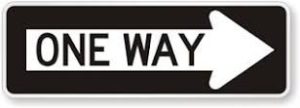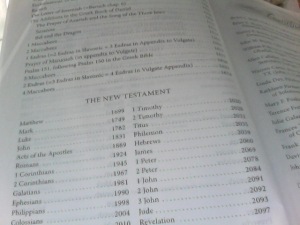They are on bumper stickers and church message boards everywhere. But last night I saw them shining down from another place: Collision and Auto Repair of Carver. I pass the sign at least once a week. I am always thankful for the reminder, but until last night I hadn’t connected the business with an exhortation to pray.
I’ve seen good death and painful death working in a hospital. I’ve seen pain and suffering endured with and without grace. I’ve stopped at a few accidents to offer pastoral care. For doctors, nurses, EMT’s, chaplains it’s all part of the job. But it’s also part of the job for those who tow the cars away from the accident, and for those who repair them. Why this never occurred to me until last night, I cannot say.
To offer up a prayer, and ask that others do the same. From people who see the wreckage and work to repair it, this is no glib request. Life and death come to their doorstep every day. Lord bless them as they have blessed me with wise words and deep commitment.



